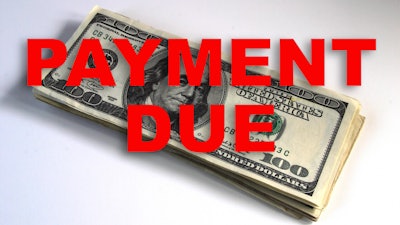
Originally published by Matthew DeVries on Best Practices Construction Law blog.
As you may be aware, one of the greatest risks on a construction project involves the payment process. Contractors and subcontractors expect to be paid on a timely basis once the work has been performed.
Contractors have a means of shifting the risk of non-payment by the owner to its subcontractor by including a certain payment provisions in the subcontract agreement. The enforceability of these types of clauses may be limited by your particular state or jurisdiction.
In Universal Concrete Products Corp. v. Turner Construction Company (pdf), the U.S. Court of Appeals for the 4th Circuit concluded that a “pay if paid” clause in a subcontract was not ambiguous and, therefore, enforceable against the subcontractor. The work involved the construction of the Granby Tower Project in Norfolk, VA.
The owner ultimately lost its construction financing on the project and abandoned the development. Since the contractor had not been paid for its work, it refused to pay the subcontractor’s work. In a payment dispute between the subcontractor and contractor, the contractor argued that the “pay if paid” clause provided an absolute defense to payment. (Again, it should be noted that some states limit the enforceability of these clauses by either statute or case law. However, in Virginia, these types of clauses are enforceable so long as they are clear and unambiguous.)
(read more on the case and the ruling...)


















